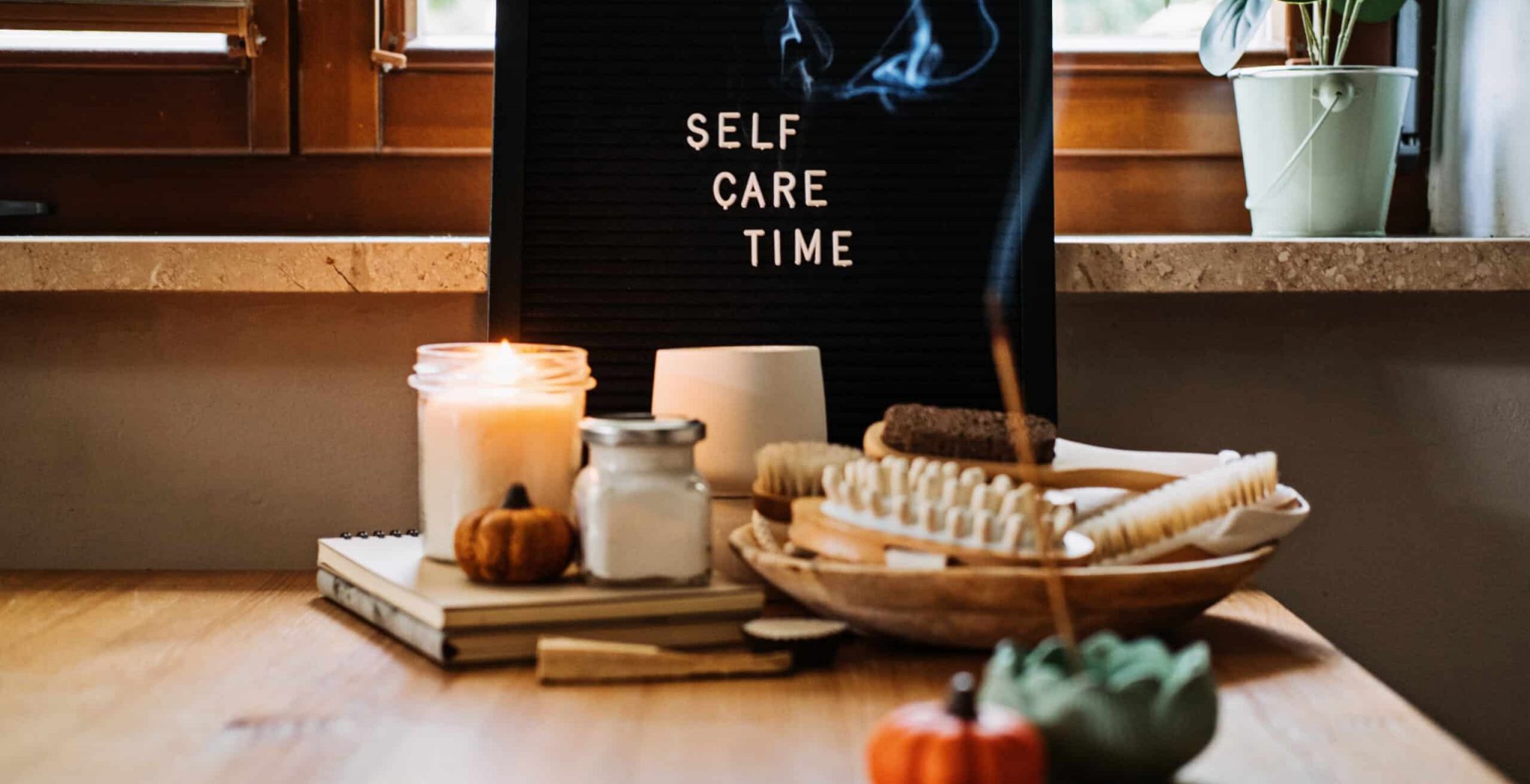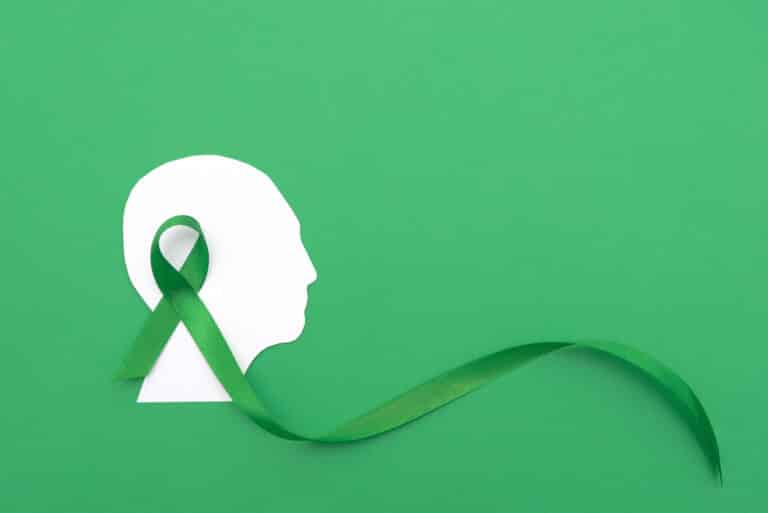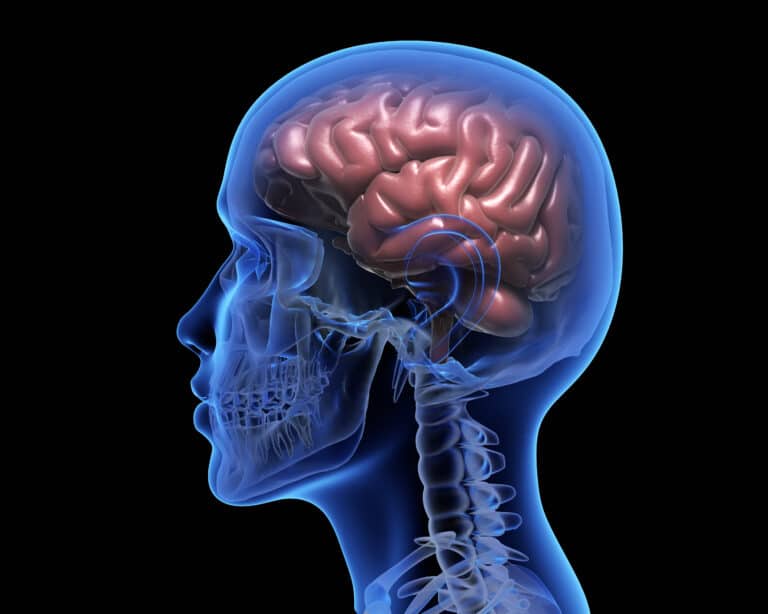International Self-Care Day, observed annually on July 24th, represents the culmination of a month-long focus on prioritizing personal health and wellbeing. This important observance marks the end of Self-Care Month, which runs from June 24th to July 24th and was established by the World Health Organization (WHO) to promote global awareness of the critical role self-care plays in maintaining physical, mental, and emotional health.
A self-care day is a commitment to dedicate time to activities that help you recharge and maintain your overall health and wellbeing, encompassing physical, mental, social, and spiritual practices. For individuals navigating mental health challenges, self-care becomes even more essential as a foundation for recovery and ongoing wellness.
International Self-Care Day
Prioritizing Your Mental Health & Wellbeing
🗓️ Self-Care Month: June 24 – July 24 (WHO Initiative)
Physical
Exercise, sleep, nutrition, and body care
Mental
Mindfulness, learning, and cognitive wellness
Emotional
Processing feelings and stress management
Spiritual
Purpose, meaning, and inner peace
Benefits of Regular Self-Care
Reduces stress and anxiety levels
Improves emotional regulation
Increases energy and motivation
Builds resilience against mental health challenges
Enhances overall quality of life
Need Professional Support?
Our mental health experts can help you develop personalized self-care strategies
Call (949) 284-7325Southern California Sunrise Recovery Center | Mission Viejo, CA
Understanding Self-Care and Mental Health
Self-care extends far beyond bubble baths and spa days. According to the National Institute of Mental Health, self-care involves taking deliberate actions to care for your physical, mental, and emotional health. This practice becomes particularly crucial for those dealing with conditions such as depression, anxiety, PTSD, and other mental health challenges.
Research published in the Journal of Health Psychology demonstrates that consistent self-care practices can significantly reduce symptoms of stress, anxiety, and depression while improving overall quality of life. The study found that individuals who engaged in regular self-care activities showed marked improvements in emotional regulation and stress management.
The Science Behind Self-Care
The World Health Organization defines self-care as “the practice of activities that individuals, families, and communities undertake with the intention of enhancing health, preventing disease, limiting illness, and restoring health.” This definition emphasizes that self-care is not selfish—it’s a necessary component of health maintenance.
Neurological research from Harvard Medical School shows that self-care activities can activate the parasympathetic nervous system, which helps the body return to a state of calm and balance. This biological response is particularly beneficial for individuals dealing with trauma disorders or mood disorders.
Essential Self-Care Practices for Mental Health
Physical Self-Care
Physical self-care forms the foundation of mental wellness. Regular exercise, adequate sleep, and proper nutrition directly impact brain chemistry and emotional regulation. The American Psychological Association notes that physical activity can be as effective as medication for treating mild to moderate depression.
Key Physical Self-Care Practices:
- Maintaining a consistent sleep schedule of 7-9 hours nightly
- Engaging in regular physical activity, even if just 10-15 minutes daily
- Eating nutritious meals that support brain health
- Staying hydrated throughout the day
- Practicing deep breathing exercises
Mental and Emotional Self-Care
Mental self-care involves activities that stimulate and challenge your mind while providing emotional support. This includes practices that help process emotions, reduce stress, and maintain cognitive function.
Effective Mental Self-Care Strategies:
- Journaling to process thoughts and emotions
- Practicing mindfulness and meditation
- Engaging in creative activities like art or music
- Setting healthy boundaries in relationships
- Practicing gratitude and positive self-talk
For individuals struggling with conditions like borderline personality disorder or OCD, structured mental self-care becomes even more crucial for symptom management.
Social Self-Care
Human connections play a vital role in mental health. Social self-care involves nurturing relationships that provide support, understanding, and joy while setting boundaries with those that drain your energy.
Social Self-Care Components:
- Spending quality time with supportive friends and family
- Participating in community activities or volunteer work
- Seeking professional support when needed
- Joining support groups or therapy sessions
- Learning to say no to commitments that overwhelm you
Spiritual Self-Care
Spiritual self-care doesn’t necessarily involve religion—it’s about connecting with something greater than yourself and finding meaning and purpose in life. This might include meditation, spending time in nature, or engaging in practices that align with your values.
Self-Care During Mental Health Challenges
When dealing with mental health conditions, self-care becomes both more challenging and more essential. Research from the National Alliance on Mental Illness indicates that consistent self-care practices can reduce the frequency and severity of mental health episodes.
Self-Care for Depression
For individuals experiencing depression, self-care might feel overwhelming or pointless. However, small, consistent actions can make a significant difference. Our depression treatment specialists recommend starting with basic activities like maintaining personal hygiene, eating regular meals, and getting sunlight exposure.
Self-Care for Anxiety
Anxiety can make self-care feel like another item on an overwhelming to-do list. The key is focusing on calming activities that activate the body’s relaxation response. Anxiety treatment often incorporates self-care techniques like progressive muscle relaxation, mindful breathing, and grounding exercises.
Self-Care for Trauma Recovery
Trauma survivors need specialized self-care approaches that feel safe and empowering. PTSD treatment often includes teaching patients how to recognize triggers and implement self-care strategies that support healing rather than retraumatization.
Creating Your Personal Self-Care Plan
Developing an effective self-care routine requires honest self-assessment and realistic goal-setting. The Centers for Disease Control and Prevention recommend the following steps:
- Assess Your Current State: Identify areas where you need more support
- Set Realistic Goals: Start small and build gradually
- Choose Activities You Enjoy: Self-care should feel nurturing, not burdensome
- Schedule Regular Check-ins: Evaluate what’s working and what isn’t
- Be Flexible: Adjust your plan as your needs change
Professional Support and Self-Care
While self-care is powerful, it’s not always sufficient for managing mental health challenges. Professional support can provide additional tools and strategies for effective self-care. Our behavioral therapy programs teach evidence-based self-care techniques, while our holistic therapy approaches integrate traditional self-care practices with clinical treatment.
When to Seek Professional Help
Self-care should complement, not replace, professional mental health treatment. Consider seeking help if:
- Self-care activities no longer provide relief
- You’re experiencing persistent symptoms that interfere with daily life
- You’re having thoughts of self-harm or suicide
- Your support system feels inadequate
- You’re struggling with substance use as a coping mechanism
Self-Care in Different Life Stages
Self-care needs evolve throughout life. Young adults might focus on establishing healthy routines and managing academic or career stress. Parents might need to balance caring for others with caring for themselves. Older adults might focus on maintaining social connections and adapting to physical changes.
Our EMDR therapy program helps individuals process past traumas that might interfere with self-care, while our CBT therapy teaches practical skills for implementing consistent self-care practices.
The Role of Community in Self-Care
Community support enhances individual self-care efforts. Participating in group therapy or support groups can provide accountability, encouragement, and shared wisdom about effective self-care practices.
Technology and Self-Care
Modern technology offers numerous tools for supporting self-care, from meditation apps to mood tracking software. However, digital wellness is also an important aspect of self-care, including setting boundaries around social media use and creating tech-free spaces in your daily routine.
Self-Care on a Budget
Effective self-care doesn’t require expensive treatments or products. Many of the most beneficial self-care practices are free or low-cost:
- Taking walks in nature
- Practicing gratitude journaling
- Connecting with friends and family
- Engaging in creative activities
- Practicing mindfulness and meditation
Overcoming Self-Care Barriers
Common obstacles to self-care include time constraints, guilt about prioritizing personal needs, and lack of knowledge about effective practices. Recognizing these barriers is the first step to overcoming them.
Self-Care and Addiction Recovery
For individuals in recovery from substance use disorders, self-care becomes a crucial tool for maintaining sobriety. Our addiction therapy programs emphasize the importance of developing healthy coping strategies and self-care routines that support long-term recovery.
Conclusion
International Self-Care Day serves as an important reminder that taking care of ourselves is not selfish—it’s necessary for our overall health and wellbeing. By implementing consistent self-care practices, we can better manage stress, improve our mental health, and enhance our quality of life.
Remember that self-care is a practice, not a destination. It requires ongoing attention and adjustment as our lives and needs change. Whether you’re dealing with specific mental health challenges or simply want to maintain your overall wellbeing, developing a personalized self-care routine is an investment in your long-term health and happiness.
If you’re struggling to implement self-care practices or need additional support for your mental health, don’t hesitate to reach out for professional help. Our team at Southern California Sunrise Recovery Center is here to support you on your journey toward better mental health and wellbeing.
Take Action Today
Start your self-care journey today by choosing one small practice you can implement immediately. Whether it’s taking a five-minute walk, practicing deep breathing, or calling a supportive friend, every step toward self-care is valuable.
For more information about our mental health services or to schedule a consultation, call us at 949-284-7325. Our experienced team is ready to help you develop effective self-care strategies and provide the professional support you need for lasting mental wellness.
Sources:
- World Health Organization. (2019). Self-care interventions for health and well-being.
- National Institute of Mental Health. (2023). Caring for Your Mental Health.
- American Psychological Association. (2024). Exercise and mental health.
- Harvard Medical School. (2023). The science of self-care.
- Centers for Disease Control and Prevention. (2024). Self-care for mental health.
- National Alliance on Mental Illness. (2023). Self-care and mental health.
- Journal of Health Psychology. (2024). The impact of self-care on mental health outcomes.






